Anthem kneeling: Important message is getting lost
October 25, 2017
For a majority of us, sports brings to mind a bit of entertainment, something to take our minds off the messy truth of the world. But in this time of confusion and division, politics has inevitably started to seep into the world of sports.
You know what I’m talking about: The Colin Kaepernick kneeling controversy that sparked an outburst of peaceful protests throughout the NFL, accompanied by a multitude of opinions. As with any other dispute of its magnitude, it has set off many debates as to the Constitutional meaning of this. Many people believe that kneeling during the pledge shows disrespect to our nation and it’s values. On the other hand, a large number of people claim that the protest is simply an exercise of the first amendment–the freedom to protest, a right that is given to all citizens of the United States, including the players participating in the protest.
In solely legal terms, the protest is completely constitutional. It’s simply a peaceful protest staged by American citizens, a right granted in the first amendment, along with freedom of speech, the press, and the right to petition. Although it could be argued that it’s not a part of their job to make a political stand, it’s also not interfering with their career: they’re still playing football, and people are still watching it.
One of the most important aspects of this controversy to remember is what it actually stands for. The original reason NFL players started kneeling during the pledge was in reference to the number of black Americans unfairly targeted and killed by police officers. It was meant in no way to disrespect the country, and was simply a way of drawing attention to something often overlooked. Their protest was done in a way that both did not pose any disruption to their actual job and brought attention to the problem at hand. Perhaps it pulled in a bit too much attention.
With all of the opinions swirling around this issue, the protest’s meaning is often diluted and overridden by the interpretations of others. While there is no shortage of biased statements flying around, some are drawing more attention than others–namely those by president Trump.
Now here’s where the situation gets messy: President Trump has made several remarks on the issue of whether or not the act is constitutional, and has, in the process, made some comments that are extremely disrespectful to the players. While, of course, the President is entitled to share his opinions, the kind of language used is uncalled for and unprecedented. If the leader of our nation thinks it’s acceptable to resort to calling American citizens names in a grotesque and immature fashion, then what does that say about our nation as a whole? What message is it sending to children watching? The heart of the controversy does not lie in the fact that he disagrees with the players as much as how he chose to state his disagreement.
Throughout all of this muddled squabbling, the message of the protest has been lost, drifting amid stubborn animosity and discordant quarrels, though we may now need its message more than ever.


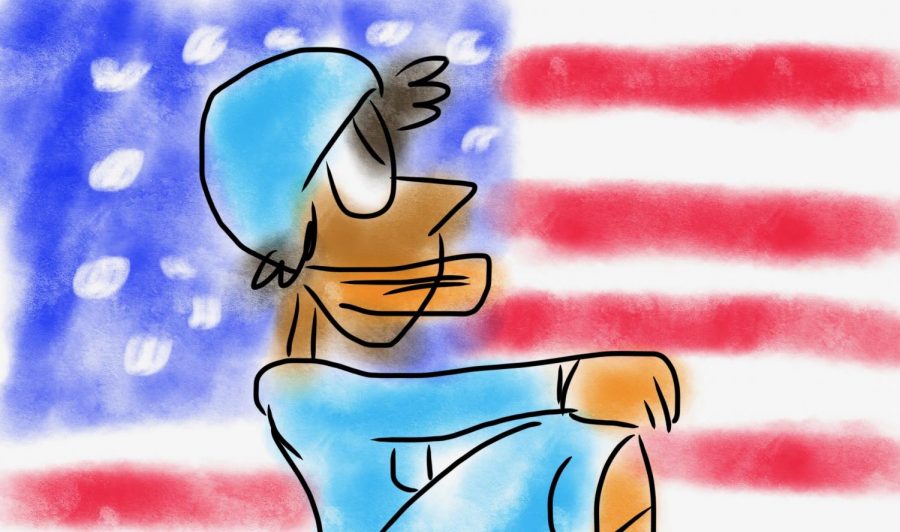




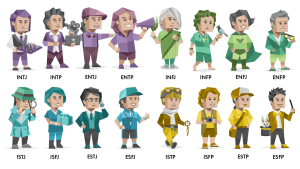


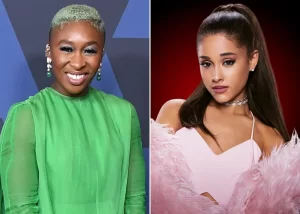




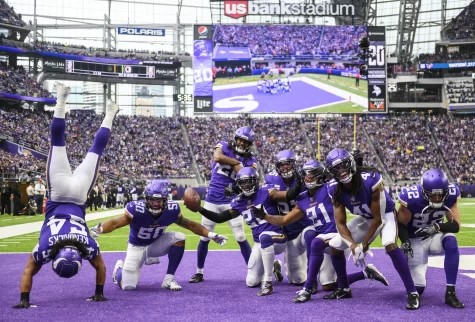




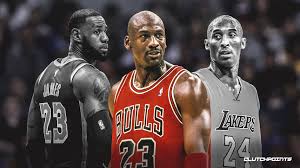
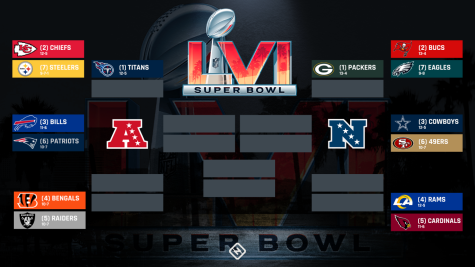
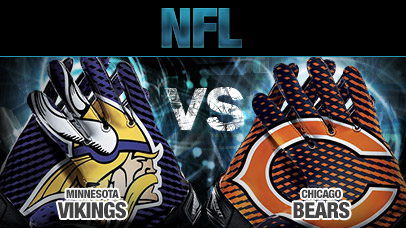
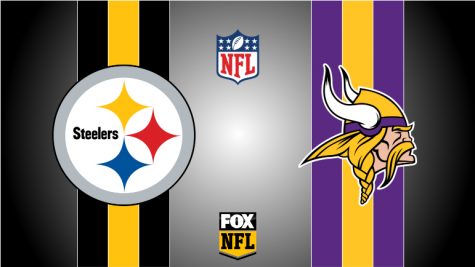
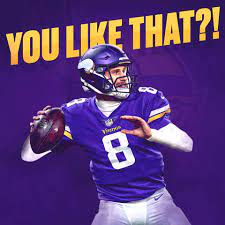

Abby • Oct 31, 2017 at 1:49 pm
A very well written article. I recently read an article that the players started standing on the field in 2009 for the national anthem. Before that they were in the locker room. It’s always important to get the history of an event such as this too.
Olivia • Oct 26, 2017 at 12:45 pm
This is my favorite article it went into great detail. I didn’t even know what it was originally about so thank you and I believe that the country including the president should respect everyone in the country.